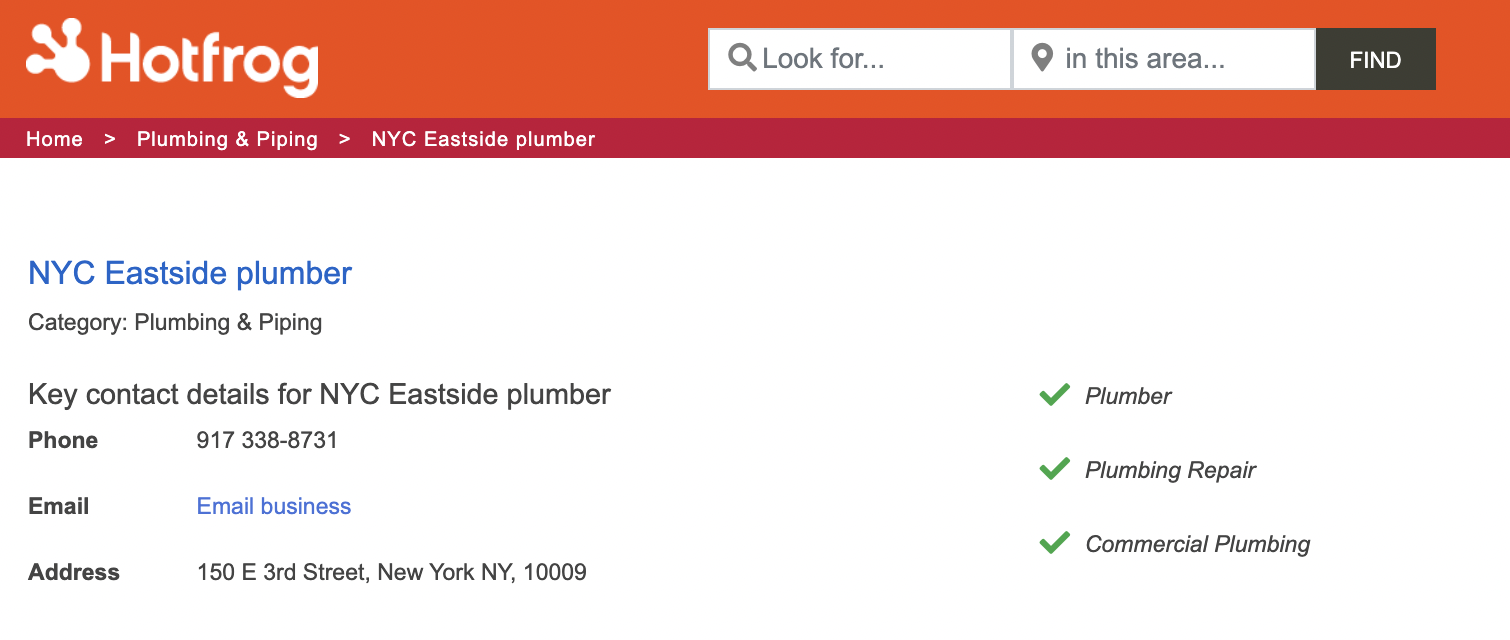The Small Business Owner’s Guide to Getting Found Online With Local Citations
Introduction: Why Local Citations Matter
Picture this: someone Googles your business. They find three different addresses, two different phone numbers, and a Google listing that says “permanently closed.”
Confusing? Absolutely. Trust-destroying? Without question.
That’s where local citations come in. They might not sound glamorous, but they are one of the most important building blocks of your online visibility. Done right, citations make it easy for customers to find and trust you — and they help Google see you as a credible, established business. Done wrong, they do the opposite.
This guide will walk you through exactly what local citations are, why they matter, how to manage them, and the common mistakes to avoid. Think of it as your handbook for getting citations right — and making sure your digital foundation is strong.
What Are Local Citations?
Local citations are simply mentions of your business’s key information — typically your name, address, and phone number (NAP) — on other websites. They often include extras like your website URL, business hours, or links to your social media.
In plain terms, they are the internet’s version of business listings. If your website is your home base, citations are the signposts pointing people toward it.
Examples include:
Google Business Profile
Yelp
TripAdvisor
Industry-specific directories like Angi (for trades) or OpenTable (for restaurants)
The more consistent and visible your citations are, the easier it is for both customers and search engines to recognise and trust your business.
Why Local Citations Are Essential
There are two main reasons citations matter:
Customer trust. If a potential client finds conflicting information online, they are far less likely to reach out. In fact, research shows that 63% of customers will avoid a business if they come across incorrect details.
Search engine credibility. Google uses citations as a trust signal. When your business details appear consistently across a range of reliable sites, Google considers you more authoritative. That trust translates into higher rankings in local search results.
In short: accurate citations = more trust, more visibility, more customers.
Structured vs. Unstructured Citations
There are two categories of local citations:
Structured citations appear in directories and databases that follow a set format. Examples include Google Business Profile, Yelp, and TripAdvisor. These listings are highly valued by search engines because of their consistency.
Unstructured citations are mentions of your business information within online content such as news articles, blogs, or local publications. For example, if a local magazine features your bakery in a “Top 10 cafes” article, that’s an unstructured citation.
While less formal, unstructured citations are still valuable. They demonstrate relevance, build authority, and can even boost your brand reputation when mentioned in trusted sources.
The Anatomy of a Strong Citation
At minimum, every citation must include your name, address, and phone number. But the strongest citations go further. They also feature:
Your website link
A business description or category
Opening hours
Directions or a map
Links to social media
Photos and reviews
Consistency across all platforms is key. Even small differences — such as “Street” vs. “St.” — can cause confusion for search engines and weaken your authority.
Common Pitfalls to Avoid
The biggest mistakes small business owners make with citations are:
Allowing outdated information (e.g., your old address or number) to remain online.
Using different variations of their business name across sites.
Failing to update listings after a rebrand, move, or phone change.
Ignoring broken links.
To a customer, these inconsistencies look sloppy. To Google, they look suspicious. Either way, they erode trust.
The Benefits of Getting Citations Right
When citations are accurate and consistent, the benefits are significant:
Greater visibility in local search results.
Easier discovery by customers searching for your services.
Increased trust and credibility.
More opportunities for reviews and social proof.
Long-term SEO value with little ongoing cost.
Citations may not feel exciting, but they are a cost-effective way to strengthen your digital presence and gain an edge over competitors.
How to Manage Your Citations
You have options:
DIY. You can manually create and update your business listings. This works for businesses with only a handful of citations, but it quickly becomes overwhelming if your details are spread across dozens of platforms.
Tools. There are third-party tools that can automate the process. These save time, but you’ll still need to monitor accuracy.
Managed services. This is the most reliable approach. At Aviso Studios, we help small businesses build, clean up, and maintain their local citations so their information stays consistent everywhere it matters.
Conclusion: Build a Stronger Digital Foundation
Citations are one of those invisible forces in digital marketing. You rarely notice them when they’re working — but when they’re wrong, you feel the pain. Customers can’t find you, Google doesn’t trust you, and opportunities slip away.
Getting citations right is one of the simplest, most impactful steps you can take to strengthen your digital foundation. And the good news? You don’t have to do it alone.
At Aviso Studios, we offer Local SEO services and Listings Management solutions to help small businesses like yours show up consistently, get found faster, and earn trust online.
Your competitors are already being listed. Isn’t it time you were too?



